Grid of Civilization
How would you describe the universe to a friend?
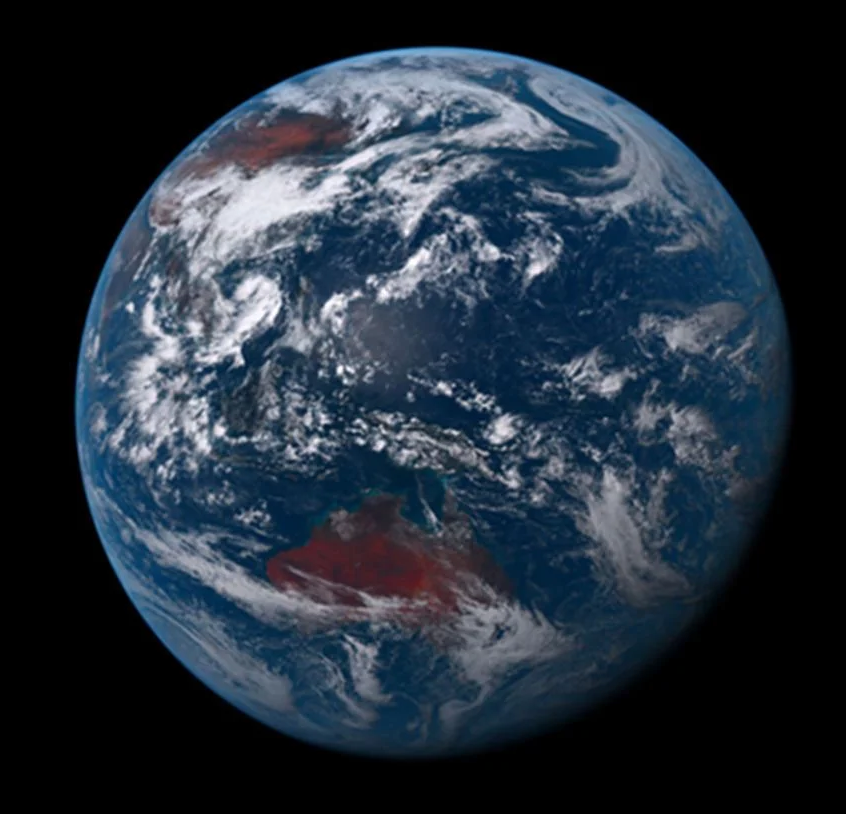
This is a conversational post with little editing. It's meant to get these ideas out in essay format before I put them in the book.
I've been working on the first section, Foundations, of the last book in my Info-Ops Trilogy. The book is about learning at scale, whether it's one person learning a lot, a group of people, or machine learning. We say things like "I learn new things every day!" but what does that really mean? Could you describe that to a computer?
As I learned in High School Geometry Class, I have a visual mind and I prove things and arrive at conclusions using the spaghetti-wall approach: I just keep throwing spaghetti everywhere. After a while, I inspect the wall to see what's sticking. It's messy but it works.

Warning: this thought experiment requires you to step outside our universe. You may want to pack a lunch.
Let's say the universe is a program. For our purposes, let's use "The Sims" as an example. You've played The Sims for a while and love it. Then you go to a faraway country where you make a new friend. Your new friend has never played The Sims. In fact, they've never even seen a computer. You have to start from scratch and tell them what's going on.
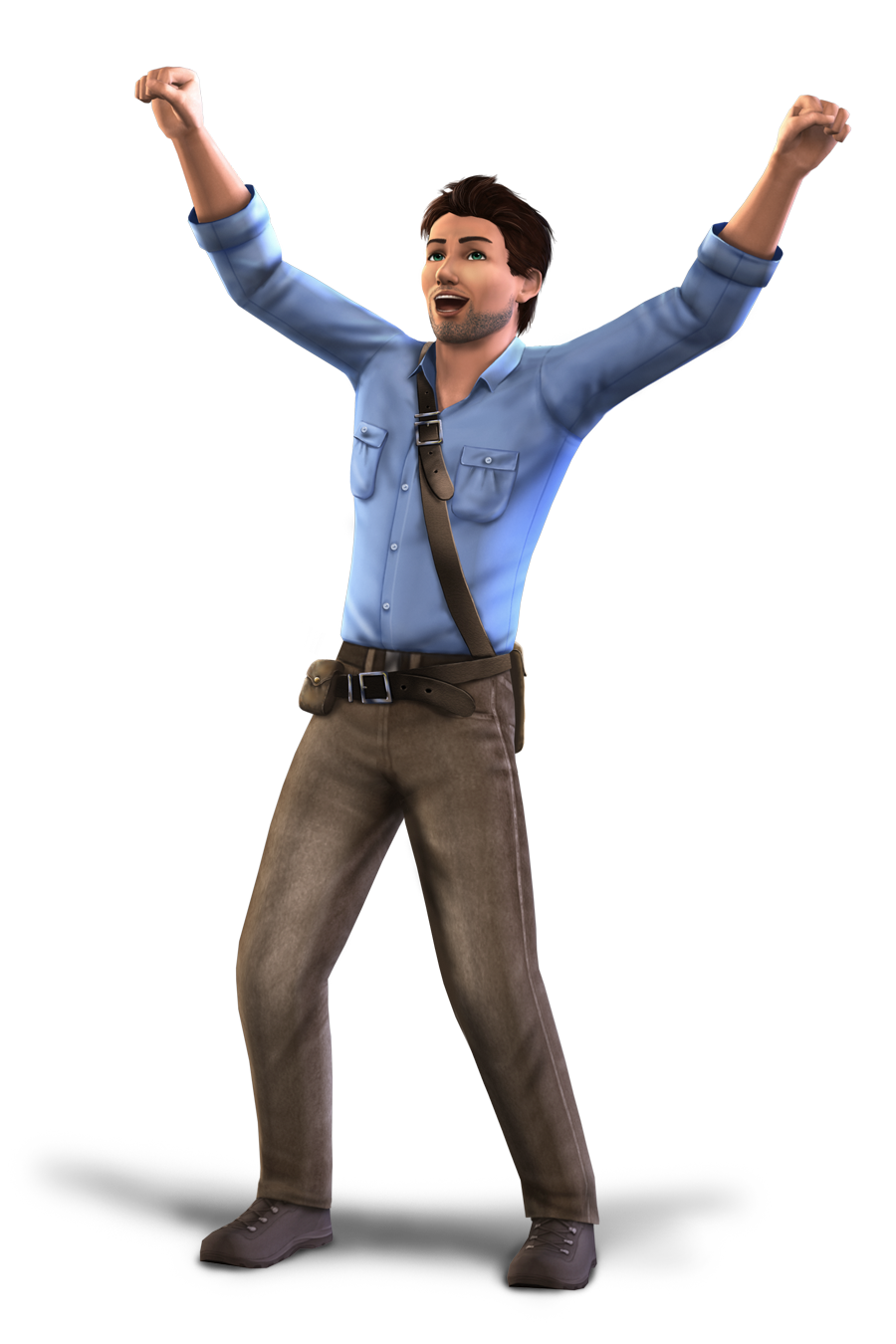
It's a little universe where things exist and do things with other things. Seems like there are three categories of things to talk about:
- Sense/Act things. Whatever your little guy is, whether it's a little man or an imaginary potted plant they sense and/or act on their outside environment.
- Objects. These are concepts that exist in this universe, whether they're solid things like a tree or conceptual things like your Sim having a new idea. Internal to a Sim, the object is always shifting depending on how they're changing over time. One day a word like "work" means going to school. Another day the same word "work" means going to be a plumber. Objects are always shifting internally. Externally, the same object can generate many senses. I see one side of the apple, you see another. Same object, difference in sensing.
- Rules. All of this, these sense/act things and these objects, go together in certain ways. You can't stick a thought on top of a rock. If you drop things, they fall. The rules go on and on and they might change. Heck if I can tell you what they are. I'm not a programmer (for purposes of our thought experiment) I can't even tell you how the rules are constructed. I just know there rules about sense/act and objects and how they relate to one another.
These three categories of things in a universe keep popping up over and over again. There must be something to them. In fact, the first two have probably been written about by hundreds of really smart men over the centuries. We'll shorten them to Q, O, and R. (Q stands for qualia. Long story.)
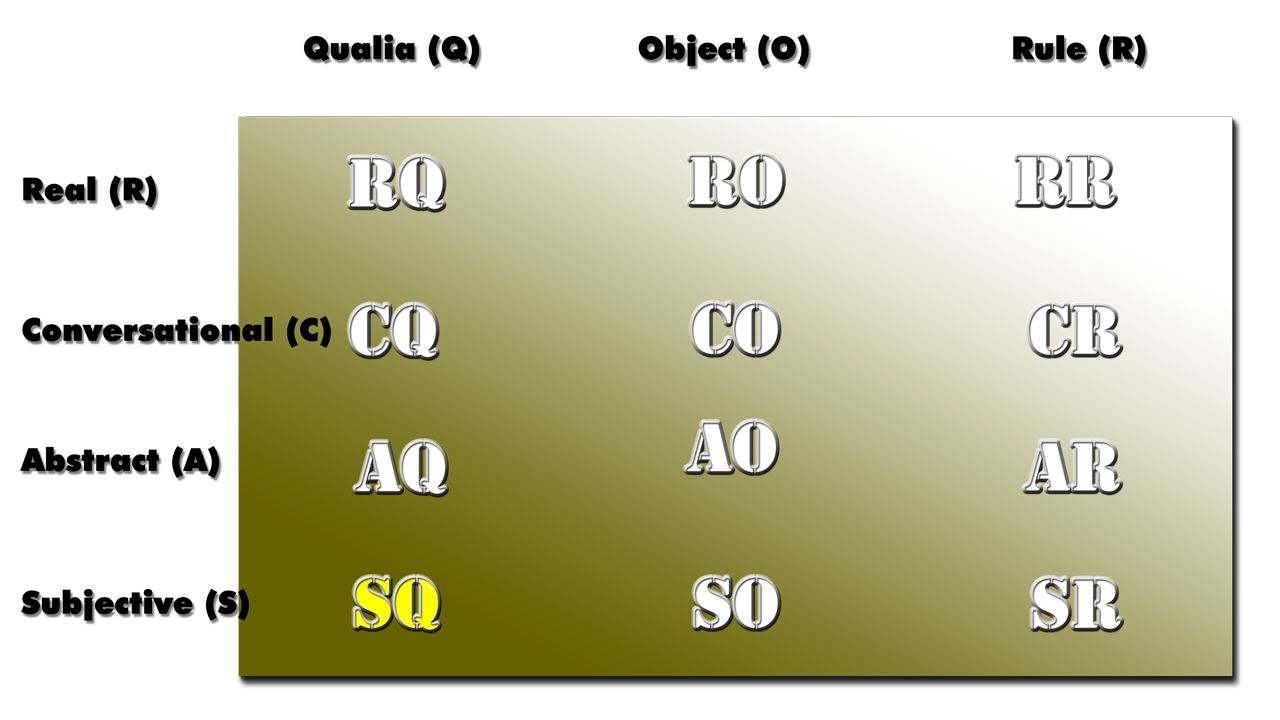
This might sound all very vague and perhaps extremely complicated to your friend. So an atom changing state in Africa can make a man fart in Canada, they might ask? Everything is related to everything through this Q, O, R business? Can you get a little more specific?
You continue to explain, technically yes, but in practice these naturally occur and can be grouped in levels. That narrows it down some.
- Subjective. This level is about how one tiny thing interacts with another. An atom changes state. You kick a rock. A simple thing and another simple thing, as they are perceived by things in this universe. Remember that it's not about you and your universe; you're describing this universe to a friend and telling them about how thing in that universe work. You are the outsider. We're saying that everything in our little thought-experiment universe, The Sims, has a bunch of Q, O, R things that it and it alone perceives and interacts with. The Subjective Universe is the universe as it is experienced directly by all participants in it.
- Abstract. As soon as there's some kind of brain activity, these things in the universe begin to form internal representations for general groups of related Subjective things.
- Conversational. Once these abstractions are externalized and shared through some sort of communication, language begins.
- Real. There is some set of rules that the programmers of this universe came up with to make it work. I don't know. I'm not a coder, but I know that the danged thing works somehow through a very similar pattern of Q, O, and R.
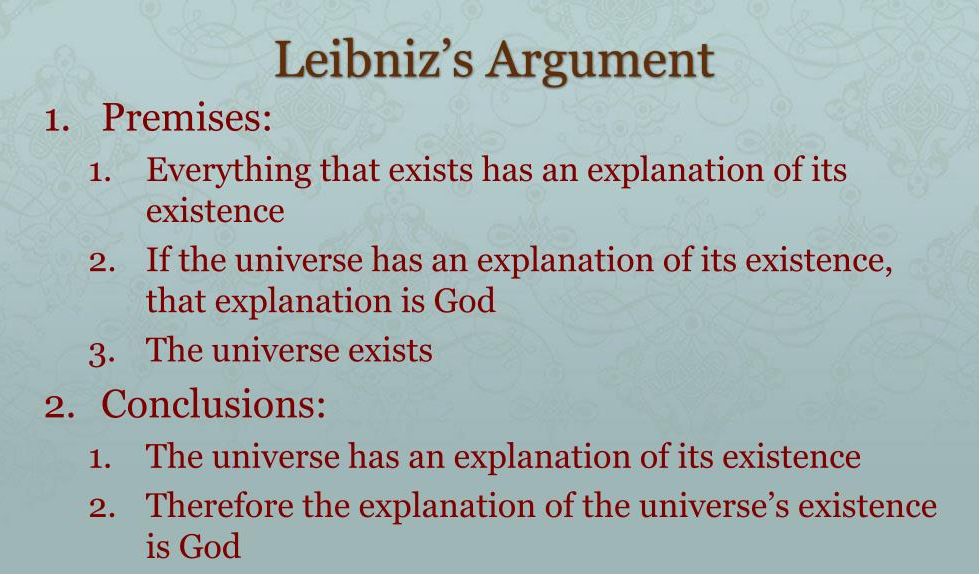
Just like the three categories keep popping up everywhere, these four levels do too. The three categories pop up mostly in the context of science. I experience this (Q), therefore it must be put together like that (O), and it always works in this certain fashion (R). The four levels usually pop up in the humanities. This is where you get weird questions like "do we all experience the same thing when we look at something blue?" (S->A), "Is knowledge a social construct?" (A->C), or "Is reality the same everywhere?" (C->R)
As we move from lower left to upper right we're moving from a speck of matter interacting with another speck to some sort of master program that runs the universe. Our imaginary friend was right: graphs don't get much broader than this! And really, as we move from lower left to upper right, we're charting the development of an intelligent civilization and how perhaps, one day, they create their own universe. (If that's your thing)
Since it keeps popping up, I'm using it. Everything else about learning will map into this diagram of stuff that exists in various universes. This spaghetti looks like it's stuck pretty firmly on the wall.
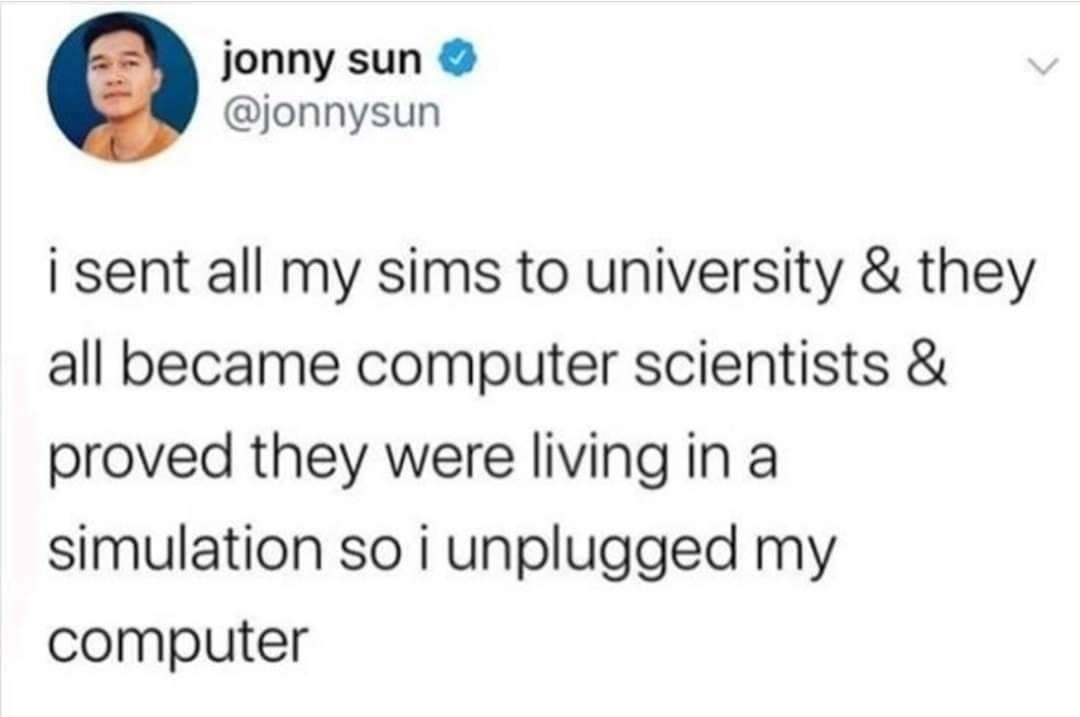

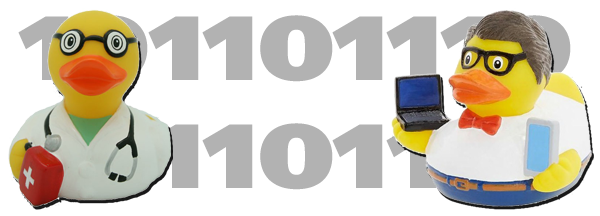
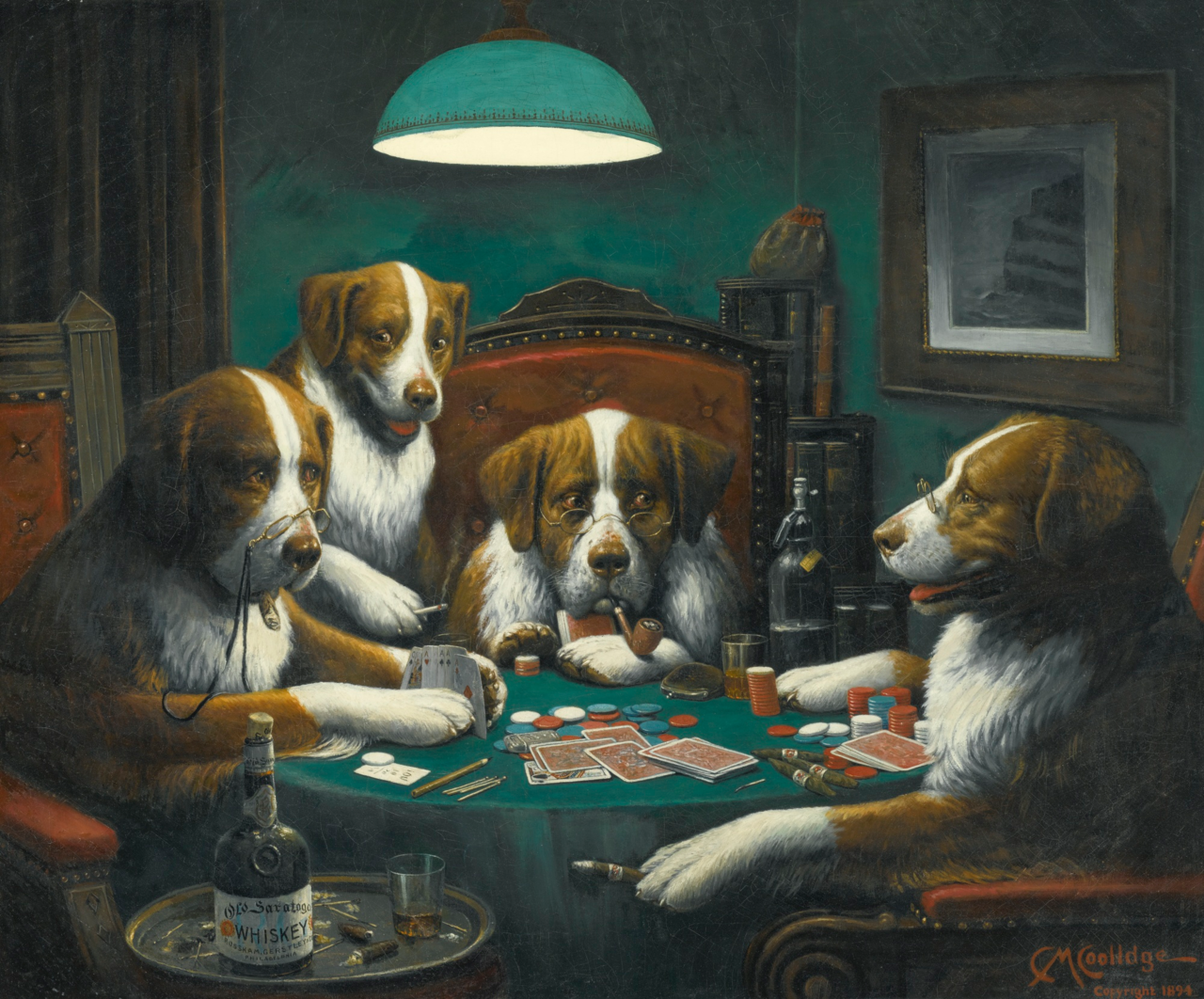
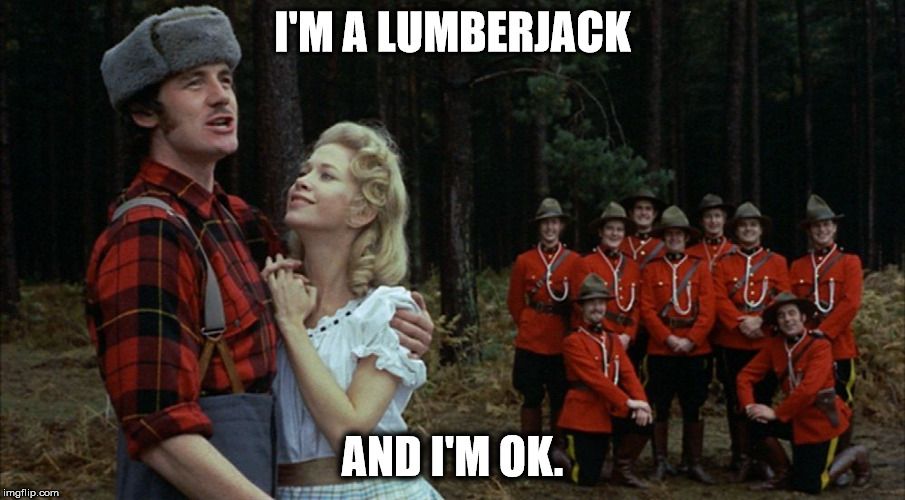
Comments ()